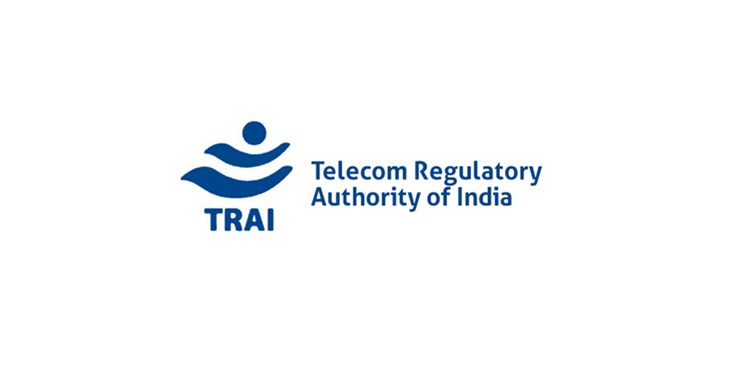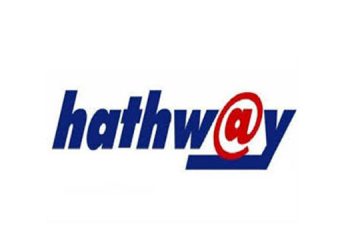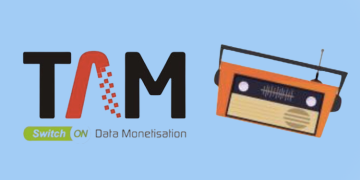The Telecom Regulatory Authority of India (TRAI) has amended the interconnection regulations 2017 in order to provide a framework for technical compliance of Conditional Access System (CAS) and subscriber management system (SMS).
TRAI said that the framework is expected to bring several important benefits to the television broadcasting sector as well as the consumers. The operationalization and oversight of the framework shall be carried out through a Testing and Certification Agency, which shall be prescribed by the Authority later.
According to TRAI, The framework is the first step to define an indigenous set of specifications in line with international standards.
A tightly synchronized working of CAS and SMS, as specified by the framework, will enable factual reporting of subscriber base, etc. This will reduce the revenue loss to stakeholders on account of erroneous subscription reporting. Better assurance of due revenue, in turn, may encourage the stakeholders to invest for further improvement in the quality of content and service thereby benefiting the end consumer.
The framework will usher in better content security in the distribution value chain. This, in turn, shall give confidence to the global content developer community and will pave the way for increased availability of better quality, high-definition content to Indian television viewers.
The framework will improve end-to-end compliance and reduce litigations among the service providers.
TRAI said that even after implementation of the New Regulatory Framework and despite stipulations for transmission of encrypted content, as notified by the Ministry of Information 86 Broadcasting, vide the Cable Television Networks (Regulation) Act, 1995, the Authority has received complaints on regular basis from various broadcasters and distribution platform operators (DPOs) about the unauthorized distribution of signals. Complaints have also been received on issues related to support from Conditional Access System (CAS) / Subscriber Management System (SMS) providers, under-reporting of subscription, etc. The extant provisions have no prescribed minimum benchmark/criteria for CAS/ SMS for appropriate encryption security and compliance mechanism. Sub-standard CAS and SMS also render the distribution network vulnerable to hacking and content piracy.
Further, the Authority also observed that in some cases, the distributors were unable to comply with the New Regulatory Framework within the prescribed time, owing to the constraints of their CAS and SMS systems.
To address these issues, TRAI issued a consultation paper on “Framework for Technical Compliance of Conditional Access System (CAS) and Subscriber Management Systems (SMS) for Broadcasting & Cable services” on 22nd April 2020.
The consultation paper sought comments and suggestions from all stakeholders on the pertinent issues related to the deployment of sub-standard CAS and SMS systems and unauthorized distribution of signals/piracy.
In response, the Authority received comments from 36 stakeholders from across all segments, such as broadcasters, distributors, technology providers including CAS and SMS vendors, and also individual industry observers. Later, the Open House Discussion (OHD) on the consultation paper was held on 25th June 2020 through video conferencing, which was attended by around 220 participants representing a wide range of stakeholders from across the country.
The comments of the stakeholders received by the Authority during the consultation process were analyzed. In view of the technical nature of the matter, the Authority decided to form a committee comprising of members from CAS and SMS providers, direct to home (DTH) operators, multi-system operators (MSOs), Broadcasters, expert bodies, and organizations like Telecom Engineering Centre (TEC), Standardisation Testing and Quality Certification (STQC), Centre for Development of Advanced Computing (C-DAC), Broadcast Engineering Consultants India Limited (BECIL) and Indian Institute of Technology (ITT) Kanpur to examine the comments and suggestions and give its recommendations for a minimal framework that addresses the issues raised in the consultation paper.
The committee, after extensive deliberations, recommended introducing a testing and certification regime for CAS and SMS to ensure better conformity to the standards and to improve the customer experience. The committee also recommended an oversight mechanism to ensure compliance with the said framework.
The recommendations of the committee were further reviewed by the Authority, with the broad objectives of maintaining light-touch regulation and keeping the requirements minimalistic. In furtherance of the same, the Authority today issued the Telecommunication (Broadcasting and Cable) Services Interconnection (Addressable Systems) (Third Amendment) Regulations, 2021 (1 of 2021), which provides for a framework.
















